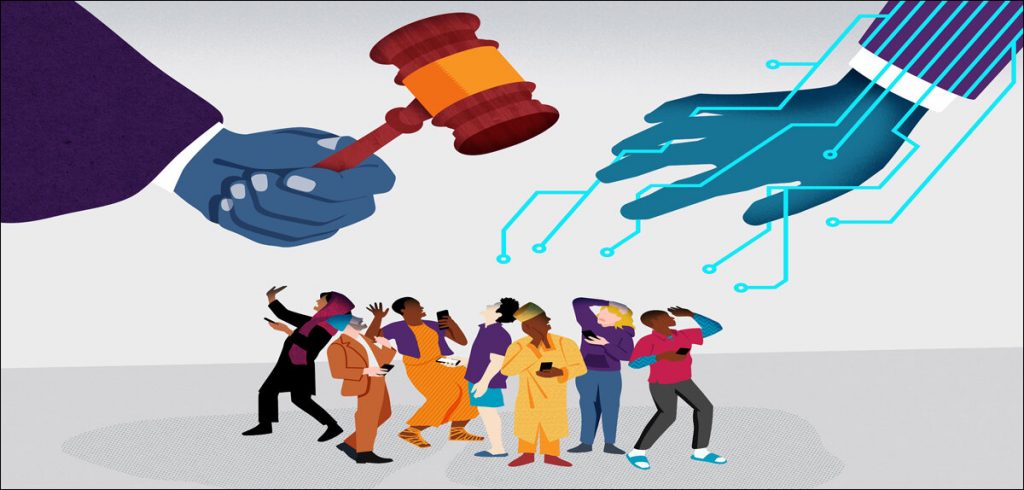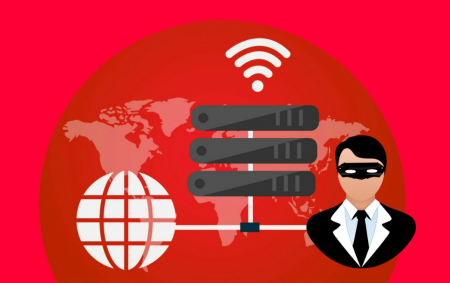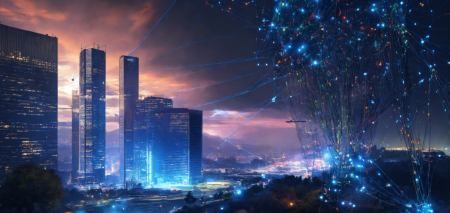Uma Iyer examines and explains the pitfalls of an incoming digital colonialism
When Elon Musk walked in with a sink in the Twitter office, he made a very poignant entry. His voice directed at his dissent on banning voices on the internet. Donald Trump was banned from Twitter for fears of inciting the public. In the world of free speech, where one draws the line remains debatable!
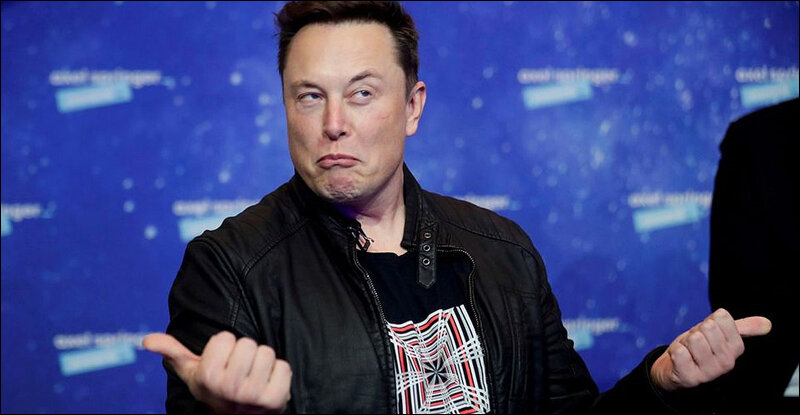
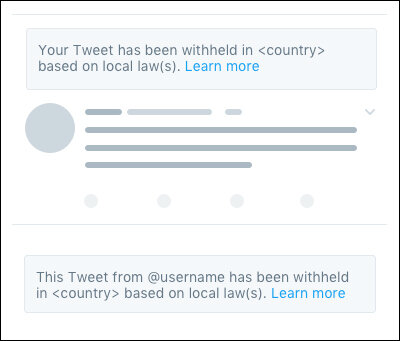
Think of a visual where there is the actual earth and underground lines running in the deep trenches of the sea trying to connect the world, which then extrapolates to a virtual world run through waves above the earth (5G, 6G, or anything you fancy!).
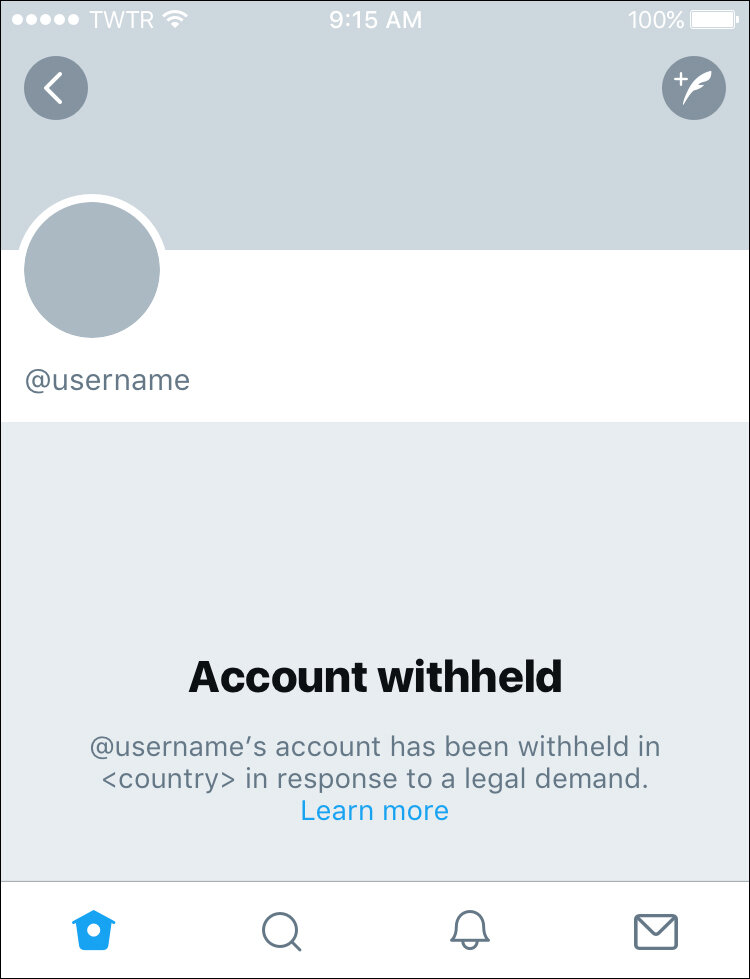
i-Visa
To run the cables through the waters there are laws governed by the countries that are divided along the borders established through mutual understanding. Imagine the borders extend to the virtual world and you require an i-Visa to access content generated by a certain country.
What happens essentially is that if apps that are run by domestic companies that are inside a specific country global Internet entirely, the talent or information only remains local. That was the case when TikTok was banned in India. Countless people lost their revenue streams and not to mention their data overnight for the ones that did not back it up. If every country adopted the stance then information will only remain local!
World-wide-web, as the word suggests, was conceived to meet the demand for information sharing between scientists and universities. It was about free sharing of information. Political interests were not the drivers.
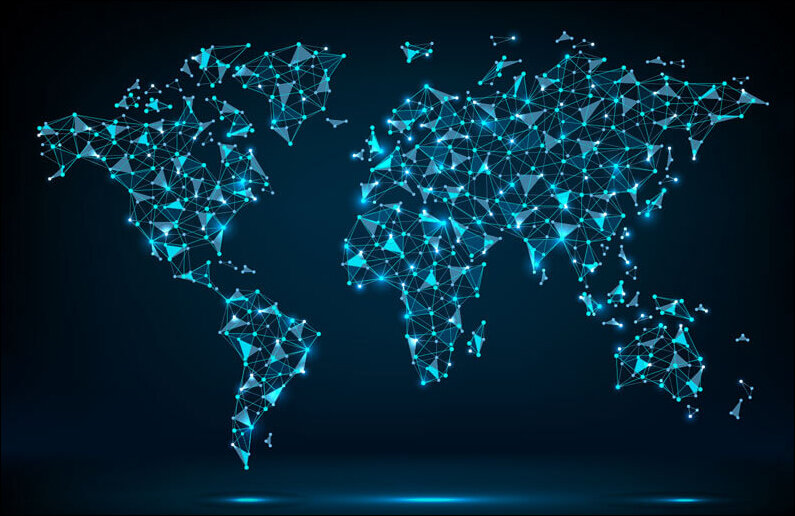
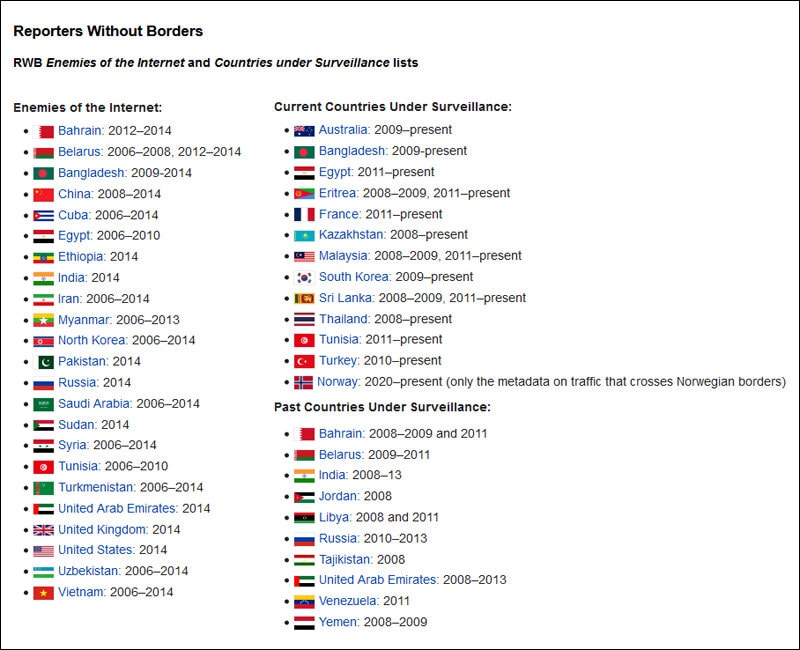
A timeline of the Evolution of Internet
The first website at CERN – and in the world – was dedicated to the World Wide Web project itself and was hosted on Berners-Lee’s NeXT computer. Now much like using passwords, think about paying for permits and approvals from the governments to access information?
Looks like there is a possibility that while we have come leaps and bounds in 60 years since 1965, the advent of the internet, we may end up going back 5,000 years in terms of information sharing. The physical boundaries will extend to virtual grounds due to a. Safety concerns b. Political ideologies c. Government policies on trade.
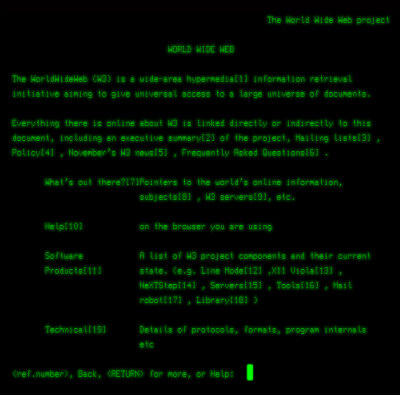
Is there a difference?
A Private network: This is not to be confused with Virtual Private Network that organizations establish for security purposes. These are country specific internet systems established to ensure that there can be control on the information accessed by the public of the country. Also any devices outside the network cannot access it much like a VPN.
Example: A Great Firewall of China restricts users from accessing the free and open internet. People require to get access to a VPN to browse networks freely, however, they are unreliable and also regulated. They can get you in trouble as well!

Behind China’s Great Firewall — which is more like a continually shifting, dynamic barrier — the Tiananmen Square massacre did not happen, the ongoing Hong Kong extradition bill protests are incited by Western countries and Winnie the Pooh doesn’t exist. This tightly controlled media climate has given rise to innovative circumvention tactics. While searchable keywords in plain text face automated deletion, digital images require more nuanced monitoring.
Digital Colonialism
Internet censorship also called Digital Colonialism: It is the most popular among the governments and policy makers who cannot establish a private internet set-up like China. Digital Colonialism is the control or suppression of the publishing or accessing of information on the Internet.
Sify Technologies – Digital Services
While Indian constitution gives the right to freedom of speech, it also bans expression or publication of anything that threatens communal harmony, decency or peace. The government of India has created a list of rules tightening the system making it difficult for companies like Twitter, WhatsApp, etc., to do business and divulge information that is not in their business interest. Companies require platforms to warn users not to post anything that’s defamatory, obscene, invasive of someone else’s privacy, encouraging of gambling, harmful to a child or “patently false or misleading” – among other things. However, as the market is sizable, negotiation is the only way to agree on a consensus to keep the revenue streams going as countries like China have a ban on such providers.
Internet Censorship in India
The Indian government has also ordered companies to collect and hand over VPN user data. The government also uses a monitoring system (CMS) which is able to intercept any online activities including VoIP messages. Internet censorship in India is done by both central and state governments. DNS filtering and educating service users in suggested usages is an active strategy and government policy to regulate and block access to Internet content on a large scale.
The provision under the IT Rules 2021 also mandates Internet service providers to remove or disable access to content hosted, stored or published by them which “shows such individual in full or partial nudity or shows or depicts such individual in any sexual act or conduct”. The Department of Telecommunications (DoT) has ordered Internet service providers to block more than 60 websites containing pornographic material. The orders are based on judgments issued by two High Courts and for violating the Information Technology (IT) Rules, 2021.
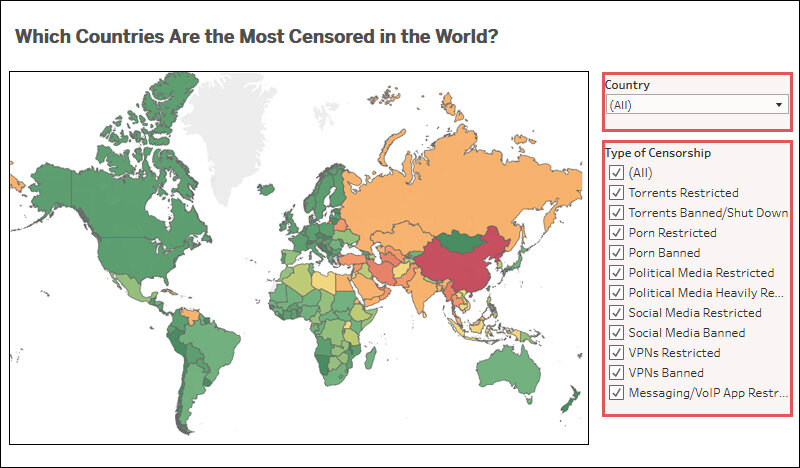
Internet Filtering
Internet filtering normally refers to the technical approaches to control access to information on the Internet. This approach is on the rise in the world today and common in most western industrialized countries as well as developing countries and undemocratic regimes. Internet filtering software are used as tools to prevent Internet users from accessing or viewing materials that are considered unsafe or inappropriate. These are typically put in place to protect the vulnerable and children, however, they do stifle the freedom of speech and accessing information. They are tools to implement censorship.
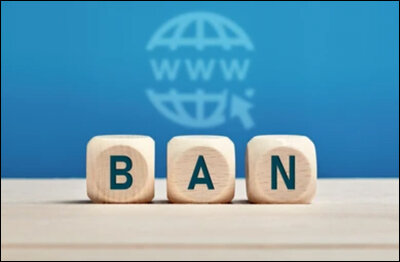
The warning labels much like on a cigarette are required to be placed, and in some cases sometimes completely banned as well. TikTok and China’s revenue generating technologies like Alibaba have been banned in India following a well-funded expansion. TikTok was installed more than 610 times in India which is 6 times more than US.
The final word
Transparency is vital to protecting freedom of expression. While open and free exchange of information is paramount, the internet is fairly nascent and is growing rapidly. There are lots of vulnerable people and communities which also require protection. It is a fine balance to be maintained as well. Governments and policy makers must make use of data and machine learning to extrapolate impact and causal analysis while determining policies instead of embargoes on websites.
Revenue of the sites funding the country’s stability and geopolitical reasons have also been one of the many reasons why TikTok may have been banned, however, people from small towns who got social status and also earned revenue due to followers were hit by it. While there are no home-grown solutions to back up, applications and access provide means to many!
Governments and organizations need to endeavor towards making services available to people everywhere. The digital narratives need to be constantly challenged while pushing boundaries instead of creating one at all times. This in reality will have a positive global impact that is conducive to promoting free exchange of information.
In case you missed:
- None Found



